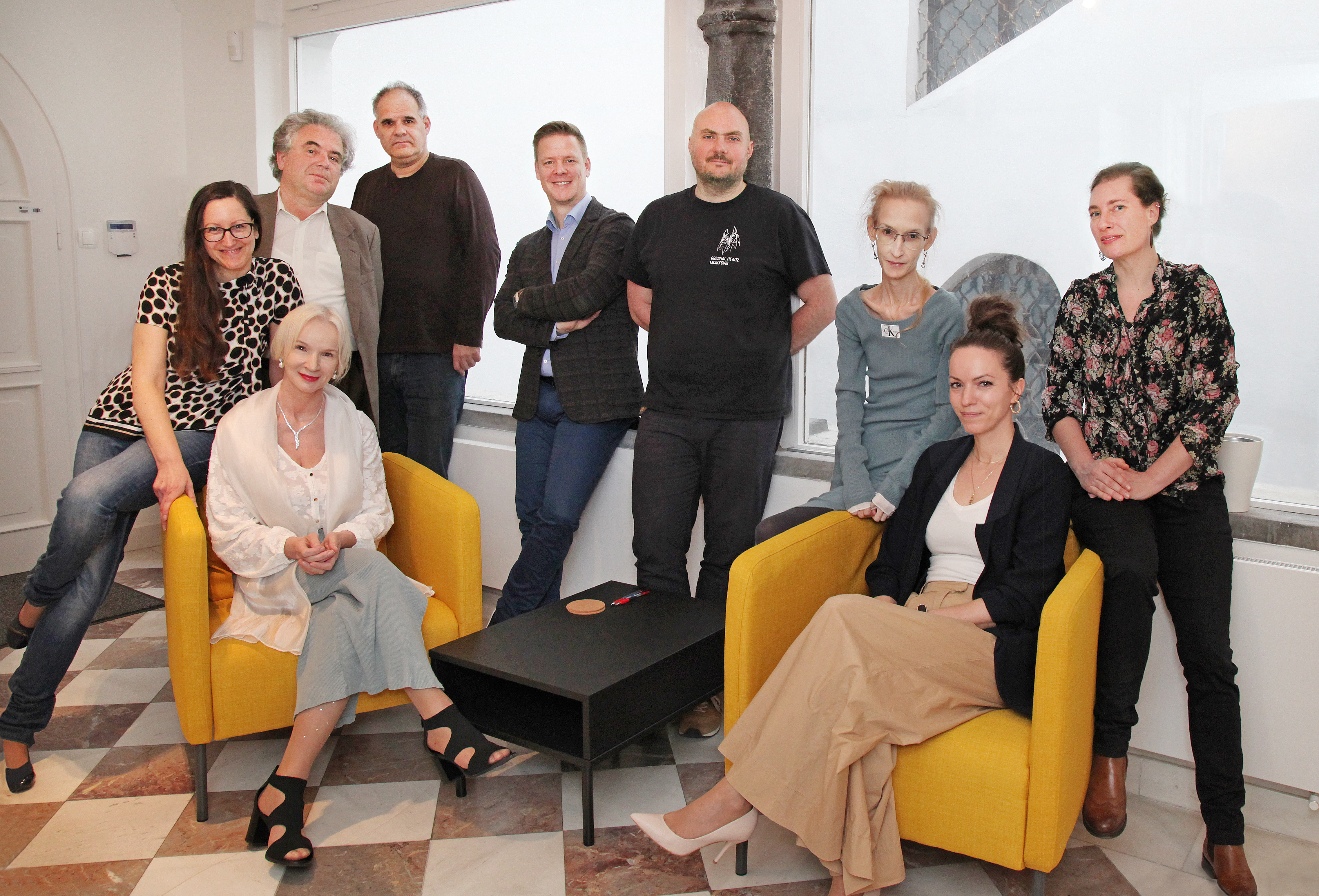About our institute
History
The Institute of Cultural History was founded in 2005 as a successor to the Institute of Biography and Bibliography, which in 1999 succeeded the Section for Biography, Bibliography and Documentation of the Institute of Slovenian Literature and Literary Studies.

Mission
In addition to conducting systematic research on prominent Slovenes whose biographies are being prepared for an extended and revised edition of the Slovenian Biographical Lexicon (SBL II), the researchers at the Institute of Cultural History primarily deal with:
- studying life stories of important personalities whose work had a major impact on the life in Slovenia and abroad,
- biographies of individual social groups and their cultures and subcultures, and
- selected social situations and practices (changes in gender relations, (re-)creation of the memory of the First World War, the impact of technological changes on society and culture, etc.).
Given that the term cultural history signifies equal treatment of all cultures, we draw on both Western and Eastern European historiographical tradition of historical thought. In addition, we have a particularly great interest in the past receptions of Eastern and Southeastern Europe in Slovenian milieu.
The research incorporates an interdisciplinary approach or, rather, a cross-section of various humanistic and sociological methodologies. In their work, the researchers at the Institute of Cultural History draw on materials of Slovenian as well as foreign, public and private archival sources.
The set of themes and research orientations listed above may be placed within the framework of various specialised historiographical disciplines (oral history, history of everyday life, history of family, history of childhood, history of ideas, and history of technology). On the other hand, these are inter-related within the new cultural history, which also serves as the basis from which the researchers draw a majority of methodological approaches and theoretical starting points, as well as the ambition to integrate individual specialised research results into comprehensive syntheses. Within the framework of the latter, the researchers also rely on the tradition of new historiography as well as on the reflections of established representatives of traditional cultural history.